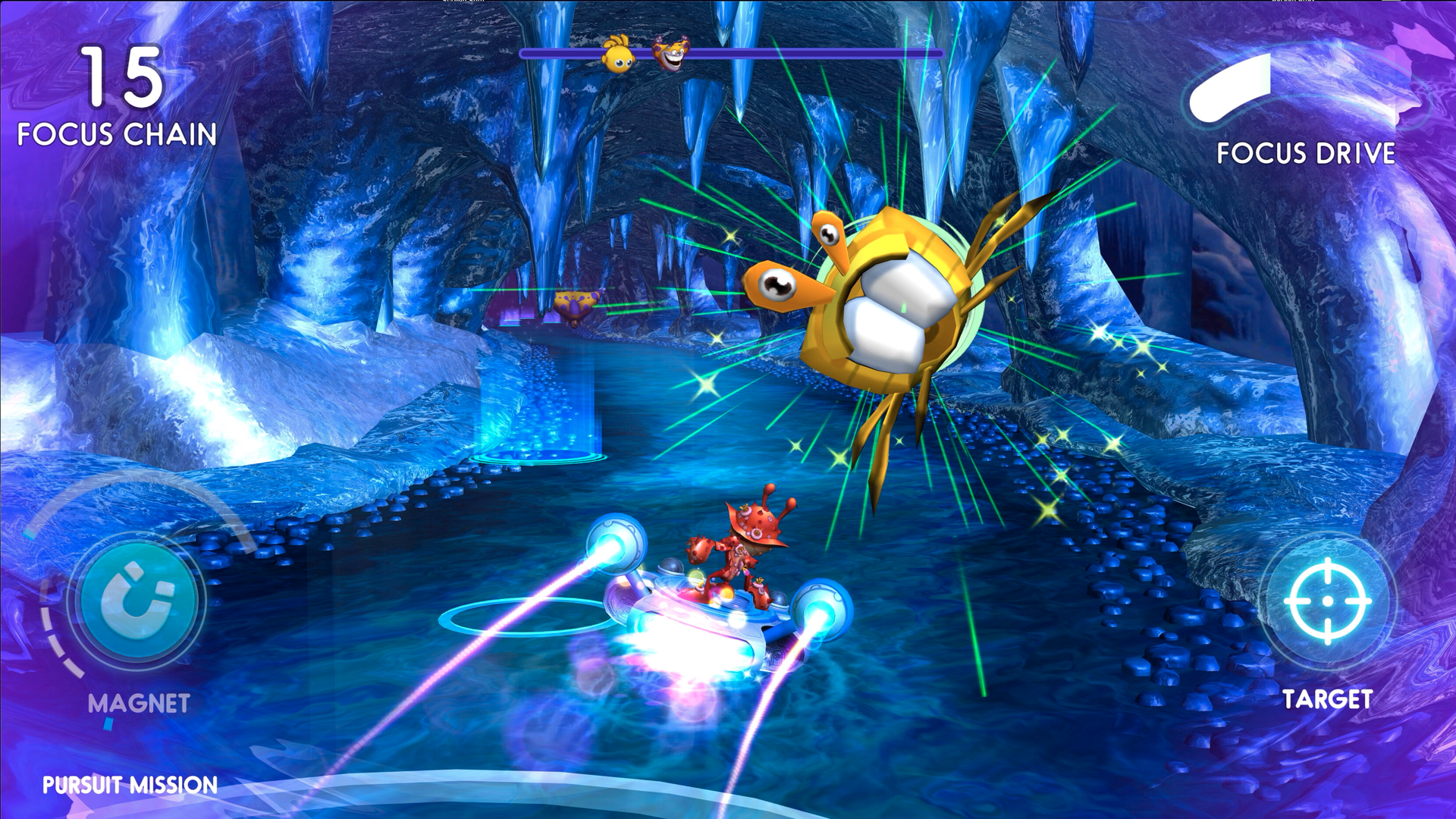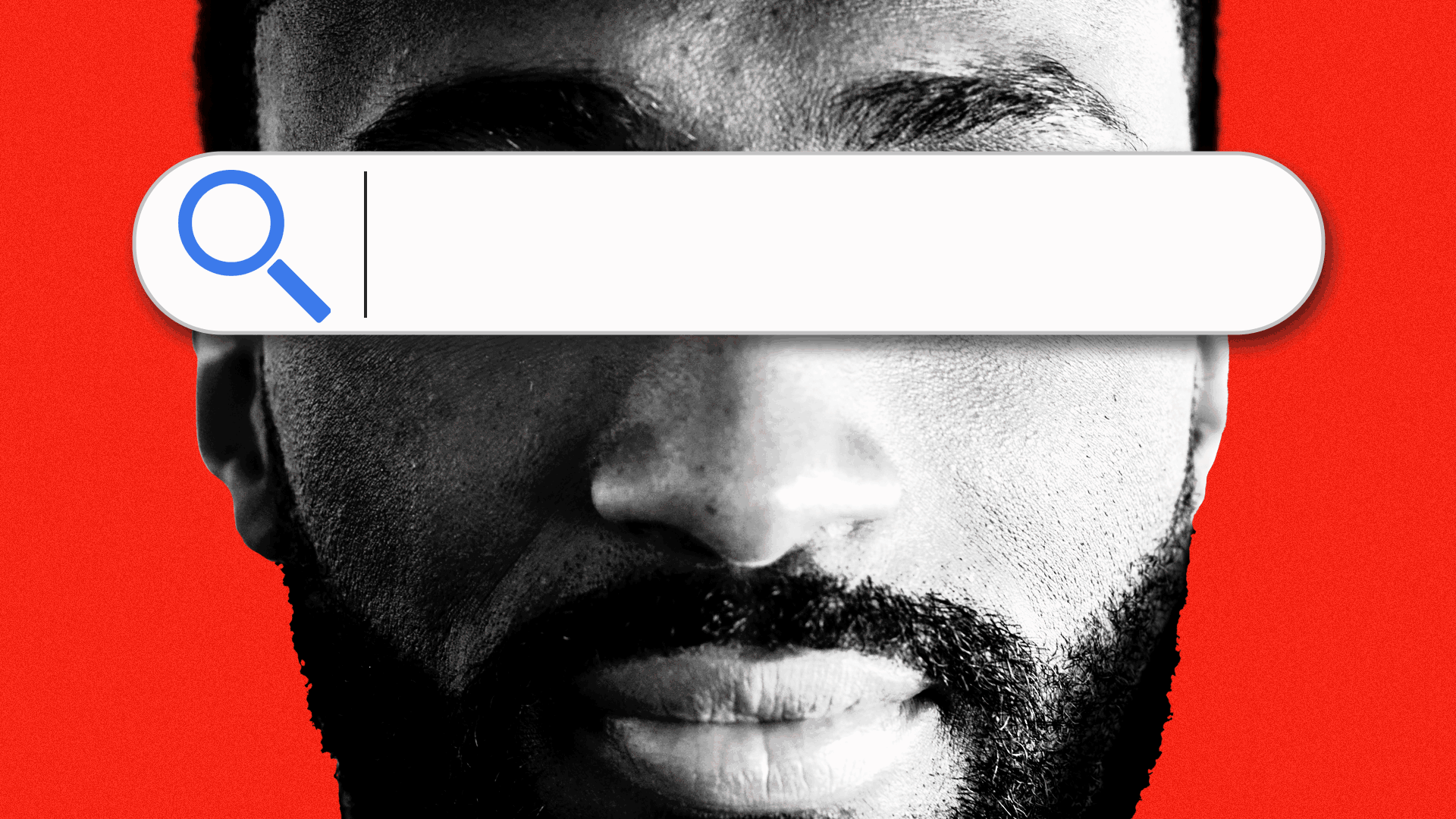| | | | | | | Presented By Babbel | | | | Axios What's Next | | By Jennifer A. Kingson, Alex Fitzpatrick and Joann Muller · May 31, 2022 | - Welcome back! If you were lucky to have a long weekend, we hope it was relaxing, fun, productive — or whatever else you wanted it to be.
- See something cool or interesting that speaks to the way we'll live, work, play or get around in the future? Send us a photo for a chance to be featured: whatsnext@axios.com.
Today's Smart Brevity count: 1,153 words ... 4½ minutes. | | | | | | 1 big thing: For cities, staying cool is hot |  | | | Illustration: Sarah Grillo/Axios | | | | A growing number of cities are getting serious about heat mitigation — but experts say too many leaders are still ignoring the problem, Jennifer A. Kingson writes. Why it matters: Scientific studies have documented a dramatic rise in heat-related deaths, and there's broad agreement that cities need to adopt comprehensive cooling strategies to maintain public health. - That's especially urgent as climate change contributes to extreme events like last year's heat wave in the Pacific Northwest, which resulted in an estimated 1,400-plus deaths.
- But most cities are only at the planning stages or conducting small-scale pilots — if they're addressing the issue at all.
Where it stands: There's broad acknowledgment that rising temperatures are making urban centers less livable, but many cities lack the budget or political support to meaningfully tackle the problem. - Only three major U.S. metro areas — Phoenix, Los Angeles and Miami/Dade County — have established "chief heat officers."
- "There's a huge number of small- and midsized cities that really don't have anybody thinking about sustainability and climate in a fully comprehensive or truly integrated way," says Rushad Nanavatty, managing director of clean energy nonprofit RMI.
Driving the news: Cities are putting an emphasis on cooling methods other than air conditioning, which is energy-and-emissions intensive. The big picture: Cities have been warming at twice the global average because of the "urban heat island" effect, whereby buildings and pavement trap heat that might have otherwise been diffused by foliage. - Low-income people tend to suffer the most, since they're more likely to lack A/C, work outdoors and live near industrial facilities.
- A 2021 study found that "in areas with higher rates of poverty, temperatures can be as much as 4 degrees Celsius, or 7 degrees Fahrenheit, warmer during the summer months when compared with richer neighborhoods," per NPR.
Details: Phoenix — one of the hottest U.S. cities — has been particularly proactive in tackling the problem. - Its "Cool Pavement Program," which involved painting a grey coating on streets, reduced roadway temperatures by 10.5 to 12 degrees Fahrenheit, per Scientific American.
- The city aims to build 100 "Cool Corridors" by 2030 "in shade-starved zones with high pedestrian traffic," the Arizona Republic reports.
What's next: A new tool called the Heat Action Platform, which city leaders can use to develop an extreme heat road map, was unveiled last week at the World Economic Forum in Davos, Switzerland. Share this story. |     | | | | | | 2. Gaming for your health |  | | | EndeavorRx. Screenshot: Akili Interactive | | | | Users of a video game that functions as an FDA-approved treatment for attention-deficit/hyperactivity disorder will soon be able to earn rewards in Roblox, Axios' Stephen Totilo writes. Why it matters: The partnership is a sign of growing enthusiasm around gaming's therapeutic potential. Details: The deal involves Akili Interactive, the company behind racing game EndeavorRx, which can be prescribed to children ages 8 to 12 to help improve attention. - The game will digitally connect to Roblox, unlocking EndeavorRx-style badges, pets and avatar customization options as players hit key milestones.
Between the lines: Akili has faced years of skepticism over its video games-as-medicine plans, but clinical trials and the FDA's approval in 2020 have won it more support. - The company has reported positive clinical trials involving autism in children as well as depression and multiple sclerosis in adults. It's also in trials to treat brain fog that can come from long COVID-19 and chemotherapy.
Read the rest. |     | | | | | | 3. Your face is easier to find than you think |  | | | Illustration: Sarah Grillo/Axios | | | | A new facial recognition search engine is alarming privacy experts, the New York Times' Kashmir Hill reports. Why it matters: The site, PimEyes, reveals how easy it can be to use facial recognition and artificial intelligence technology to dredge up photos of — and other information about — everyday people. How it works: PimEyes, which costs $29.99 a month, functions like Google Image Search — users upload a photo of a given person, and the site scours "news articles, wedding photography pages, review sites, blogs and pornography sites" for potential matches, per the Times. - Those who have used the site to search for themselves have been both impressed and disturbed by the results, which have included photos of themselves they didn't know existed.
What they're saying: The site's owner, a 34-year-old Georgian academic named Giorgi Gobronidze, argues that PimEyes is a tool for good — allowing people to monitor their online reputation as if keeping tabs on their credit score. - But he admits there are no hard limits on PimEyes' use, and that he's expecting people to behave "ethically."
- "It's stalkerware by design no matter what they say," Ella Jakubowska, a policy adviser at European Digital Rights, a privacy advocacy group, told the Times.
|     | | | | | | A message from Babbel | | Learn a new language fast | | |  | | | | Babbel's language lessons are scientifically proven to be effective. With Babbel, you can start speaking a new language in just three weeks. Here's how: Babbel's quick, 10-minute lessons teach language you can use in the real world. Get started now for up to 60% off your subscription. | | | | | | 4. SimCity IRL |  | | | Illustration: Annelise Capossela/Axios | | | | A new SimCity-style platform is empowering residents to have a say in their cities' development plans, Fast Company reports. Why it matters: It's easy for people to oppose development projects in their own backyards. But this tool, called Balancing Act, requires users to put forth plans that meet pre-set housing targets before they can be submitted — meaning people need to bring solutions, not just NIMBY-ism. How it works: Users are shown a handful of potential development sites, along with an overall housing goal. Then, they set their preferred number of housing units at each site. If they meet the broader target, they can submit their plan for consideration. - "They couldn't just come and say, 'No,'" Christopher Jordan, director of strategic planning and innovation for the city of Elk Grove, California, told Fast Company. "They had to say 'No, and... ' No to this site, and replace it with this site."
What's next: Several Pacific Northwest cities are experimenting with Balancing Act to better engage residents in the urban planning process. |     | | | | | | 5. Thanks for the kind words! |  | | | Illustration: Maura Losch/Axios | | | | Alex here. I wanted to thank each of you who have so kindly welcomed me to What's Next. - Many of you sent along great ideas, a few of which I'm sharing below. I was especially heartened to see so many fellow "Trek" fans among you, though given our subject matter here, that's no surprise. 🖖🏻
What you're saying: - "In light of the heartbreaking national news the past two weeks, it strikes me that there simply must be untold NextGen ideas on people pursuing pathways of peace, harmony, civility, humility, gentleness, kindness, compassion, empathy, etc.," writes Dirk De Roo.
- "I'd love to see more about cultural and societal changes that get us to the vision of 'Star Trek' (I'm a Trekkie too); thinking about the unintended consequences of new technology," says David Sobyra.
- And here's Erin Bycroft: "'Trek' teaches us about advanced technology and the need for evolved humans to operate it thoughtfully and responsibly, and how our current world is evidence of this fact, with daily demonstrations that we are barely evolved enough to operate a washing machine, never mind smartphones and social media."
|     | | | | | | A message from Babbel | | Learn more than just language | | |  | | | | Speak a new language in just three weeks with Babbel's language lessons. Even better: Babbel provides context to the words you're studying by integrating cultural knowledge. Tips are sprinkled throughout lessons for easy learning. Try it today and get up to 60% off your subscription. | | | | Was this email forwarded to you? Get your daily dose of What's Next magic by signing up for our free newsletter here. |  | It's called Smart Brevity®. Over 200 orgs use it — in a tool called Axios HQ — to drive productivity with clearer workplace communications. | | | | | | Axios thanks our partners for supporting our newsletters. If you're interested in advertising, learn more here.
Sponsorship has no influence on editorial content. Axios, 3100 Clarendon Blvd, Suite 1300, Arlington VA 22201 | | | You received this email because you signed up for newsletters from Axios.
Change your preferences or unsubscribe here. | | | Was this email forwarded to you?
Sign up now to get Axios in your inbox. | | | | Follow Axios on social media:    | | | | | |
Post a Comment
0Comments